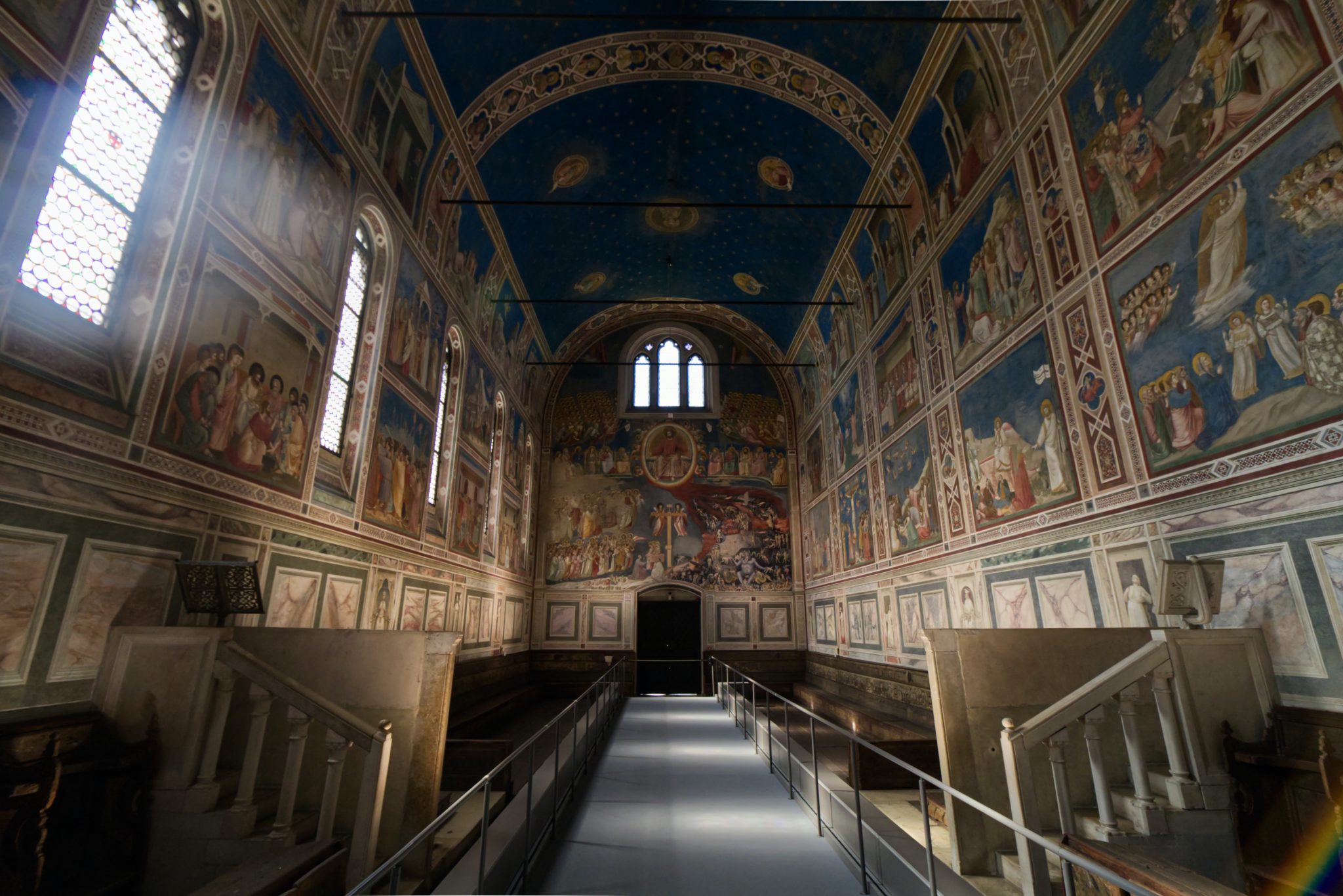Most Recent News


Popular News




Reviewing the theory of the "Three Collapses" that occur within civilizations developed by Julius Evola. Along with its relation to the Yuga Cycle.

Toward the end of Revolt Against The Modern World, Evola addresses the cycle of political governance.
He states:
Once the apex disappeared, authority descended to the level immediately below, that is, to the caste of warriors [from the Traditional apex]. The stage was then set for monarchs who were mere military leaders, lords of temporal justice and, in more recent times, political absolute sovereigns. In other words, regality of blood replaced regality of the spirit.
[…]
This was essentially the age and the cycle of the great European monarchies. Then a second collapse occurred as the aristocracies began to fall into decay and the monarchies to shake at the foundations; through revolutions and constitutions they became useless institutions subject to the “will of the nation,” and sometimes they were even ousted by different regimes.
[…]
Together with parliamentary republics the formation of the capitalist oligarchies revealed the shift of power from the second caste (the warrior) to the modern equivalent of the third caste (the mercantile class). The kings of coal, oil, and iron industries replace the previous kings of blood and spirit.
[…]
At this time the social bond was no longer a fides of a warrior type based on relationships of faithfulness and honor. Instead, it took on a utilitarian and economic character; it consisted of an agreement based on personal convenience and on material interest that only a merchant could have conceived. Gold became a means and a powerful tool; those who knew how to acquire it and to multiply it (capitalism, high finance, industrial trusts), behind the appearances of democracy, virtually controlled political power and the instruments employed in the art of opinion making.
[…]
Finally, the crises of bourgeois society, class struggle, the proletarian revolt against capitalism, the manifesto promulgated at the “Third International” (or Comintern) in 1919, and the correlative organization of the groups and the masses in the cadres proper to a “socialist civilization of labor”—all these bear witness to the third collapse, in which power tends to pass into the hands of the lowest of the traditional castes, the caste of the beasts of burden and the standardized individuals.
[i] Julius Evola. Revolt Against the Modern World. Chapter 35, The Regression of the Castes. Page 327-329.
Evola related the cycle of political collapse to that of the Kali Yuga. He noted how the cycle of structural collapse corresponded directly to the cycle of spiritual collapse and the transitioning of castes within the nation-state.
Once focused on divine right and a traditional leadership, this declines to the warrior caste, which further declines to the merchant caste, and culminates in the decline to the proletarian caste having absolute power.
It’s important to take into consideration that this view is one of a civilizational outlook, not specifically intra-national. The civilization as a whole follows this path.
This process, Evola states, cannot be stopped. We can only go forward through it.
While I do not agree exactly with his linear progression, the recognition of transition of power between the castes during civilization descent is not something I can refute. The rule by many is driven mostly by the mercantilists, while the rule by one is often either a proletariat (communist) or warrior (nationalistic) type of character leadership.
It seems obvious that a sustainable state must focus on both the traditional and the warrior positions, if we are contrasting them to the merchants or the “beasts of burden”. A leadership led by the latter groups is at risk of provoking many of the issues we have right now (individualism, capitalistic monopolization, wealth as a virtue, isolated class centralization). Which is not a coincidence, given that we currently reside under them.
The men of action are the drivers in the initial stages, with the men of words present much more heavily at the later stages.
He also noticed how the isolated class becomes the main political driver during the mercantile stage and how the centralizers still hold absolute power, but all while residing under the illusion of democracy. He talks about this a lot in the book, that the chains of one leadership are merely switched for the more deceptively hidden chains of another.
This reality, once uncovered, leads directly to the mob effect, or what he calls the proletarian revolt against capitalism.
Both factors, the isolated class and the mob effect, are issues that Enclavism is attempting to remedy.
I don’t agree with everything Evola says, and I definitely don’t align with a return to traditional regality in its purest form that he adheres too, but he brings up a lot of interesting points about the decline that shouldn’t be ignored.
I also fully agree with his position that there is no way to stop this degradation given our current positioning within it, besides going full force ahead through it. I don’t think this is a nihilistic or defeatist view, rather just a rational one. Because I do believe it can be stopped overall, just that there is no way to revert where we currently are.
So, there is hope. A hope for a better future after we charge through this stage. And with that hope, a possibility for great development of character, something that Evola also mentions as a possibility for those at the latter stages of the cycle.
Read Next:
Julius Evola on The Life and Death of Civilizations
The Problem With Accelerationism
If you enjoyed this article, bookmark the website and check back often for new content. New articles most weekdays.
You can also keep up with my writing by joining my monthly newsletter.
Help fight the censorship – Share this article!

(Learn More About The Dominion Newsletter Here)